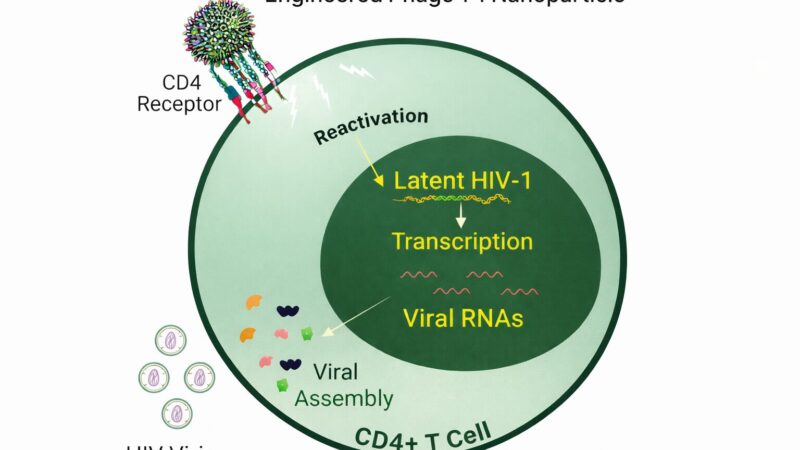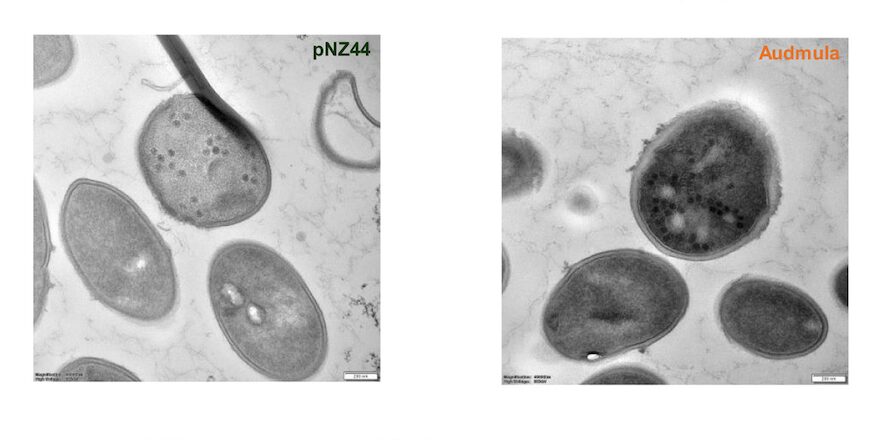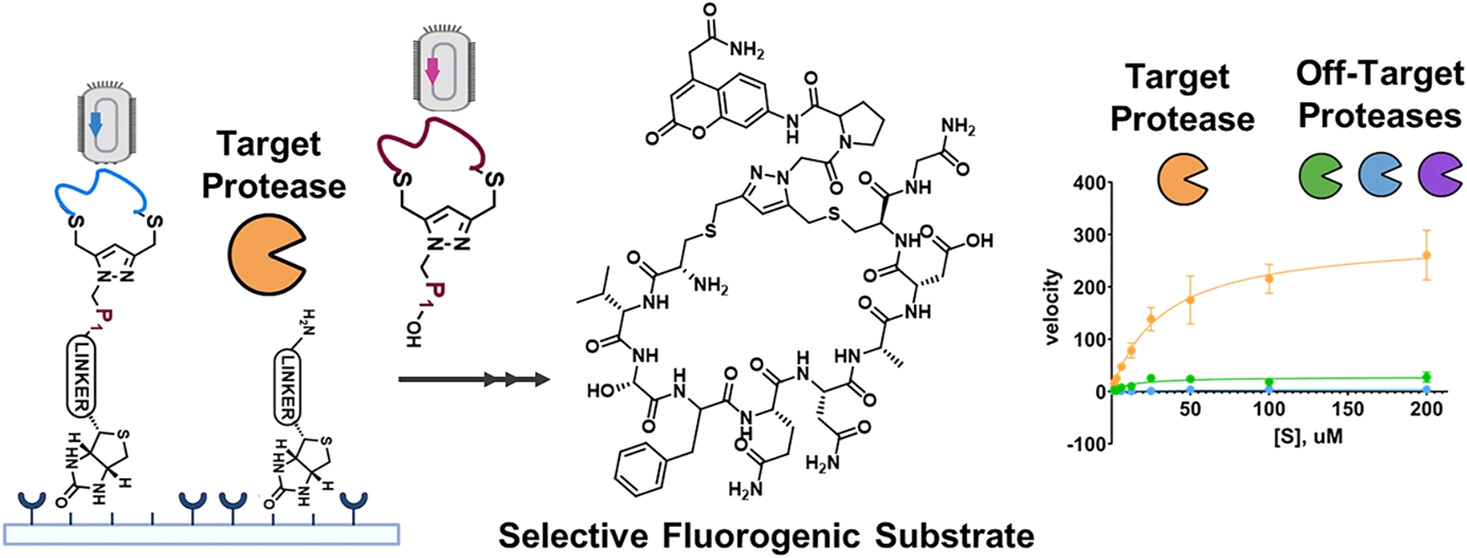
Researchers from Arc Institute and collaborators have demonstrated that AI foundation models—Evo 1 and Evo 2—can design fully functional phage genomes, offering a new path for fighting antibiotic‐resistant bacterial infections.
Whole‐genome design validated: Out of ~300 AI‐generated phage designs tested, 16 were experimentally viable, showing that AI can generate not just individual genes, but complex, operational viral genomes.
Enhanced efficacy: Some of the AI-designed phages outperformed the natural phage ΦX174 in terms of growth competition and lysis kinetics, and collectively, the selected phage “cocktail” was able to rapidly overcome bacterial resistance.
Training data and model scale:
• Evo 1 was trained on ~2.7 million prokaryotic and phage genomes.
• Evo 2 is larger, covering over 9.3 trillion nucleotides across many organisms (bacteria, archaea, plants, animals) and represents one of the biggest biology‐AI models to date.
Why this matters: Traditional phage therapy usually works by modifying existing phages; this work shows AI can access new regions of “genome design space” that evolution might not have explored, enabling novel options to counter multi-drug resistance.
Implications & Outlook: This opens up the possibility of designing bespoke phage therapies tailored to combat specific antibiotic‐resistant bacterial strains. This also suggests a shift from single‐gene engineering toward whole genome design, enabling richer, more complex synthetic biology applications. “Even at the scale of an entire genome, the models were able to reason the different elements in the genome that need to work together in order to create something functional.” said Samuel King, a PhD candidate in the Hie lab
“Most biological functions are not achieved by any single gene, if we want to engineer more complex functions, we’ll need to break out of the single gene space and design complete genomes.” said Brian Hie, PhD, assistant professor of chemical engineering at Stanford University and innovation investigator at Arc Institute. Future work aims to scale up to larger phage genomes and design other genomic systems (e.g. Operons), to increase modularity and flexibility.
Check the complete article here
For more phage-related news articles, check here



Leave a Reply
You must be logged in to post a comment.